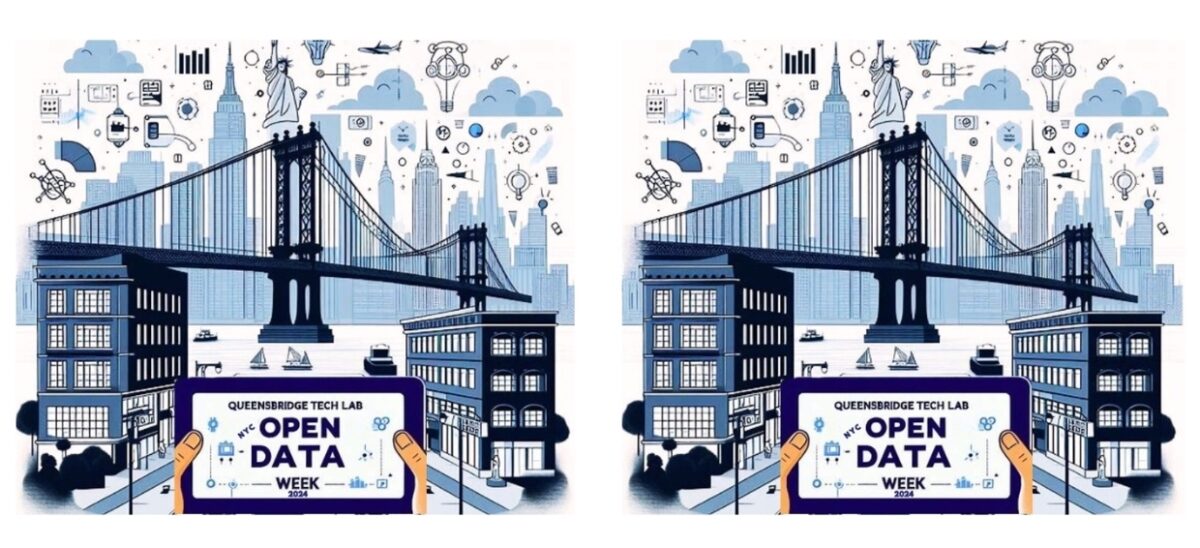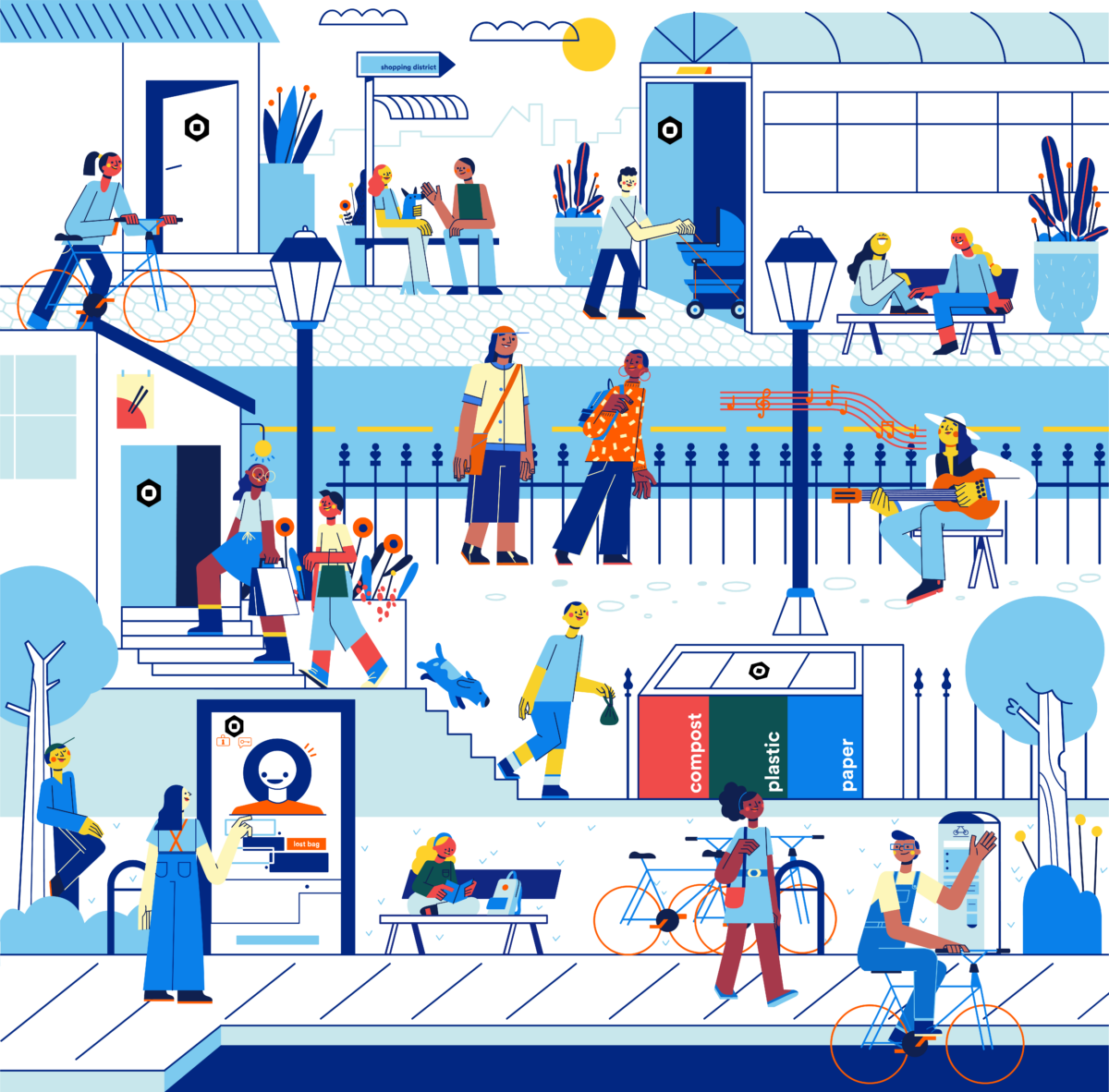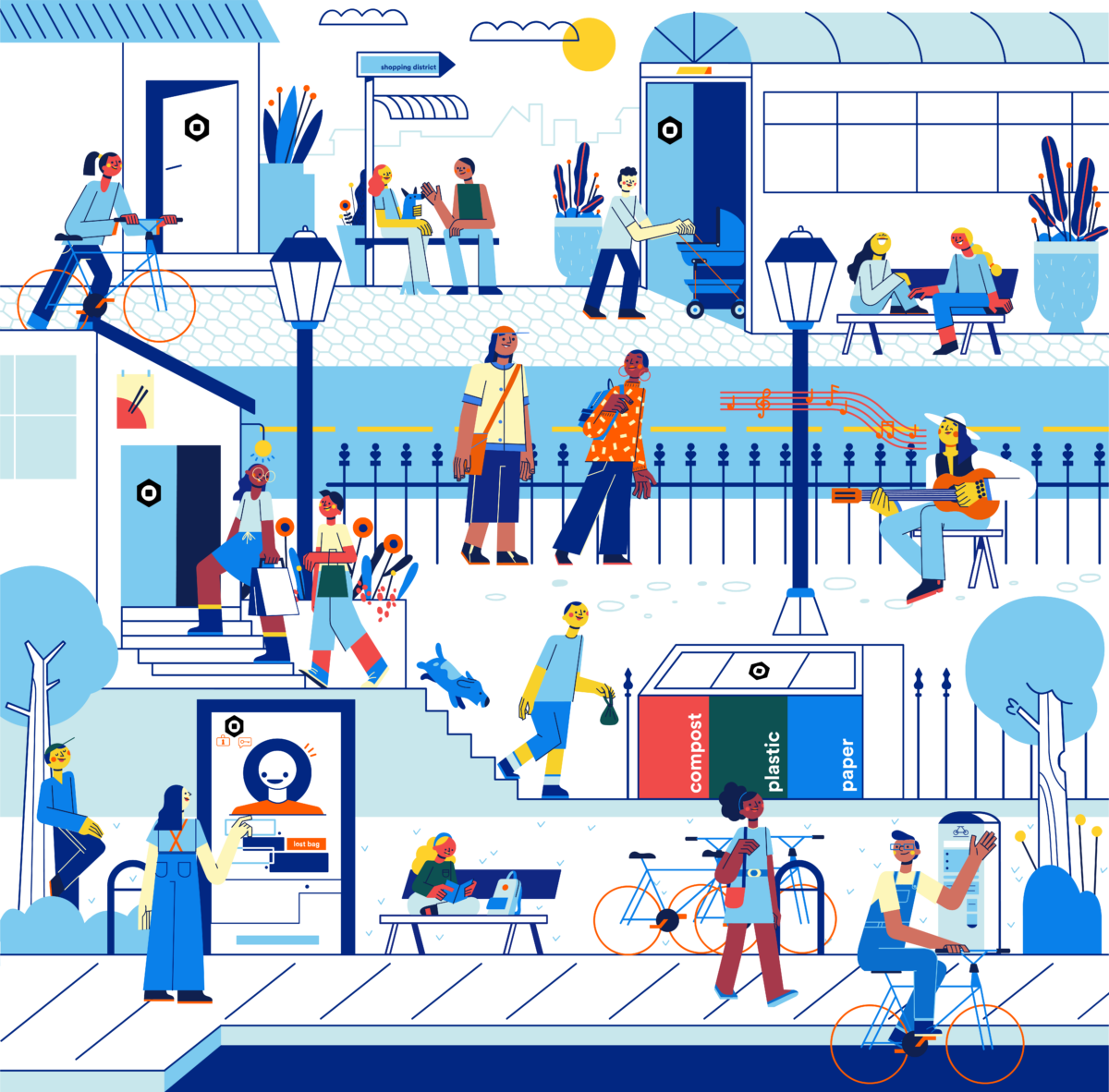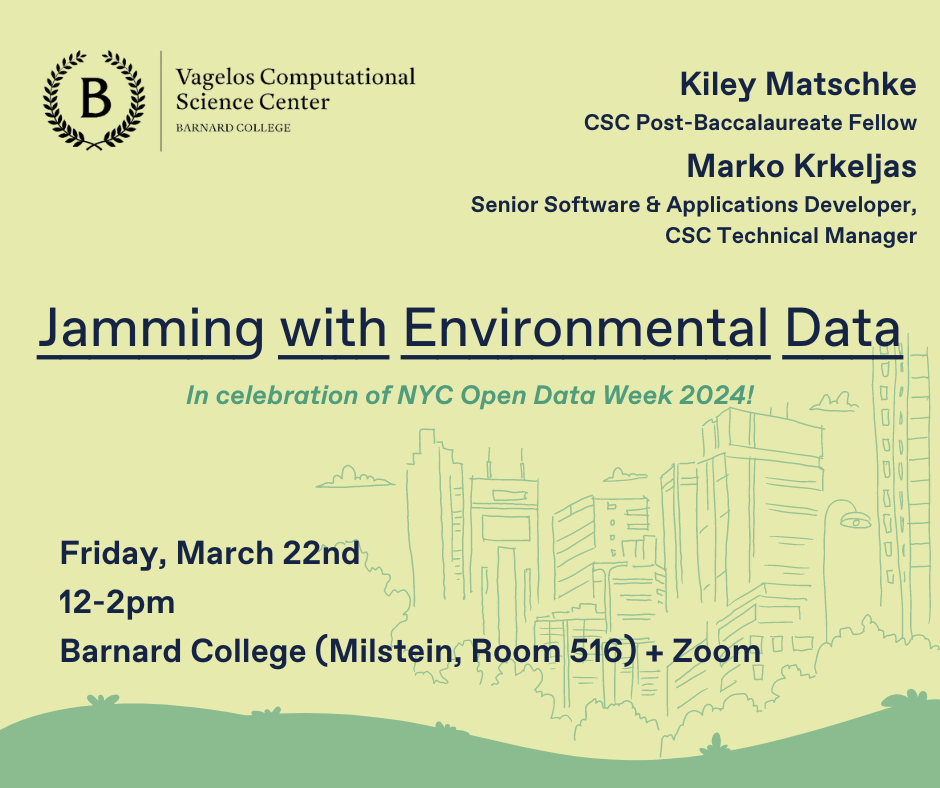In an era of information, navigating the complexities of data has become an essential skill for individuals across various fields. “Cracking the Code” comprehensively explores data and its significance in our contemporary society. It aims to demystify its intricacies and empower participants with the knowledge to make informed decisions in today’s data-driven world.
This class is a foundational guide to understanding the fundamentals of data and its pervasive influence on our daily lives. Participants will embark on a journey of discovery, gaining insights into the diverse forms of data that permeate our modern world, ranging from numerical datasets to textual information.
Throughout the course, participants will delve into the significance of data across various contexts, exploring its role in shaping everything from consumer behavior to public policy. By unraveling the complexities of data, participants will develop a deeper appreciation for its ubiquitous presence and transformative potential in today’s society.
Moreover, “Cracking the Code” goes beyond mere theory to provide practical insights into how data can effectively inform decision-making processes and drive meaningful outcomes. Through interactive exercises and real-world examples, participants will learn how to analyze and interpret data, equipping them with the tools to extract valuable insights and draw informed conclusions.
Whether you’re a novice seeking to understand the basics of data or a seasoned professional looking to enhance your data literacy skills, “Cracking the Code” offers something for everyone. Join us on this enlightening journey as we unravel the mysteries of data and discover its profound impact on our interconnected world.
The resources we will be using include:
NYC Open Data (https://data.cityofnewyork.us/browse): This resource provides datasets related to demographics, transportation, and public services in New York City. Participants can explore real-world examples of data in everyday life and discuss its importance in decision-making, business operations, scientific research, and societal impact. They can further analyze transportation data to understand commuter patterns or explore demographic data to identify population trends.
NYS Health – Data and Statistics (https://www.health.ny.gov/statistics/): This resource offers health-related datasets that illustrate dataset characteristics and variables. Participants can define datasets, discuss their characteristics, and explore variables, including independent and dependent variables. Participants can also examine health outcome data to identify variables such as patient demographics, treatment methods, and health outcomes.
NYC Crime Map (https://maps.nyc.gov/crime/): This resource offers crime data for New York City, allowing participants to distinguish between qualitative and quantitative aspects of data. They can explore examples of both types of data within crime statistics, such as qualitative descriptions of crime incidents and quantitative data on crime rates, locations, and trends.
NYC Environment and Health Data Portal (https://a816-dohbesp.nyc.gov/IndicatorPublic/data-explorer/): This resource offers environmental datasets for New York City, providing examples for discussing the choice between qualitative and quantitative approaches in data analysis. Participants can explore environmental data to classify examples into qualitative and quantitative categories and discuss when each approach is appropriate in different scenarios, such as assessing air quality or water pollution levels.








